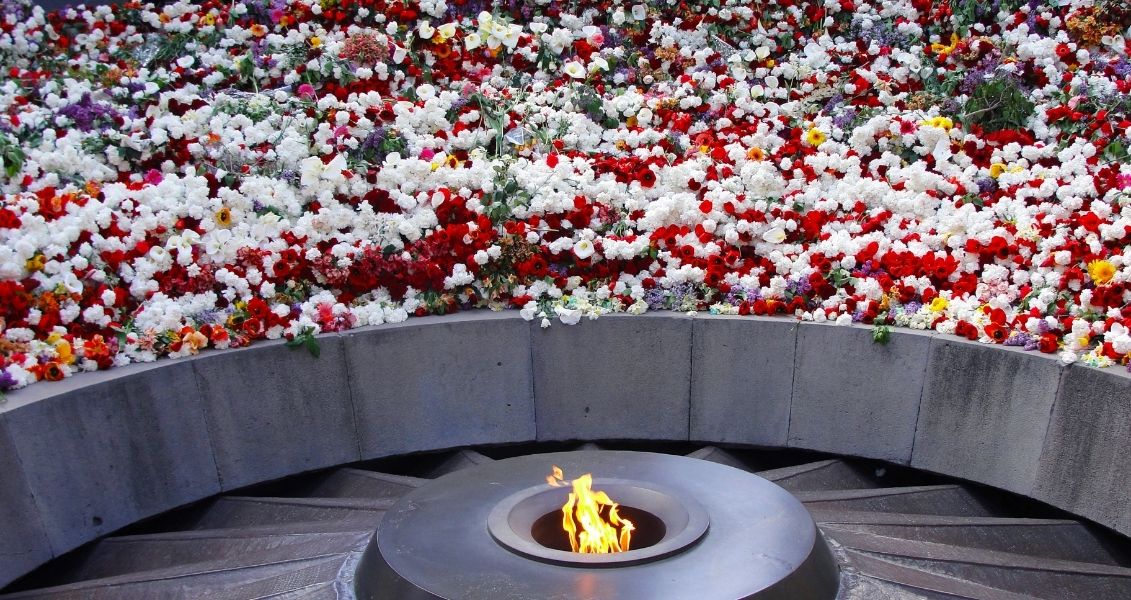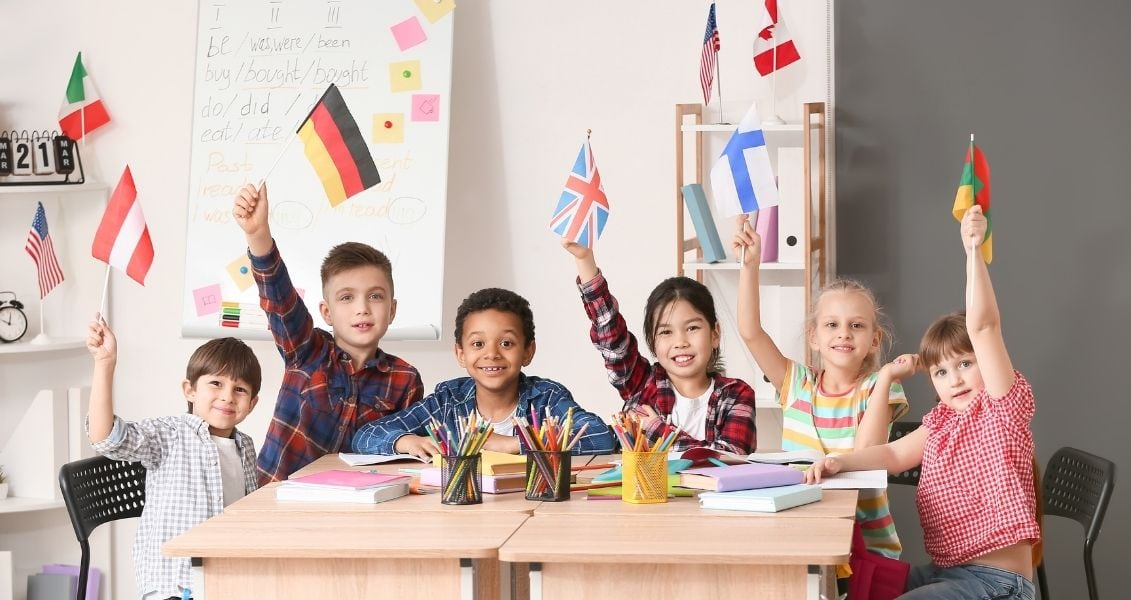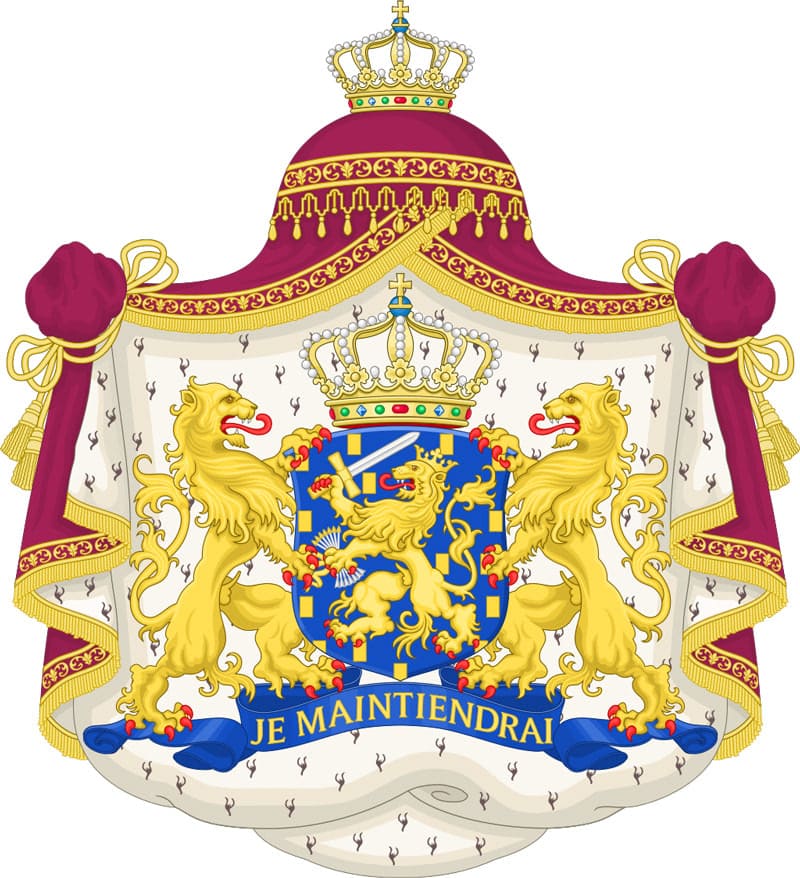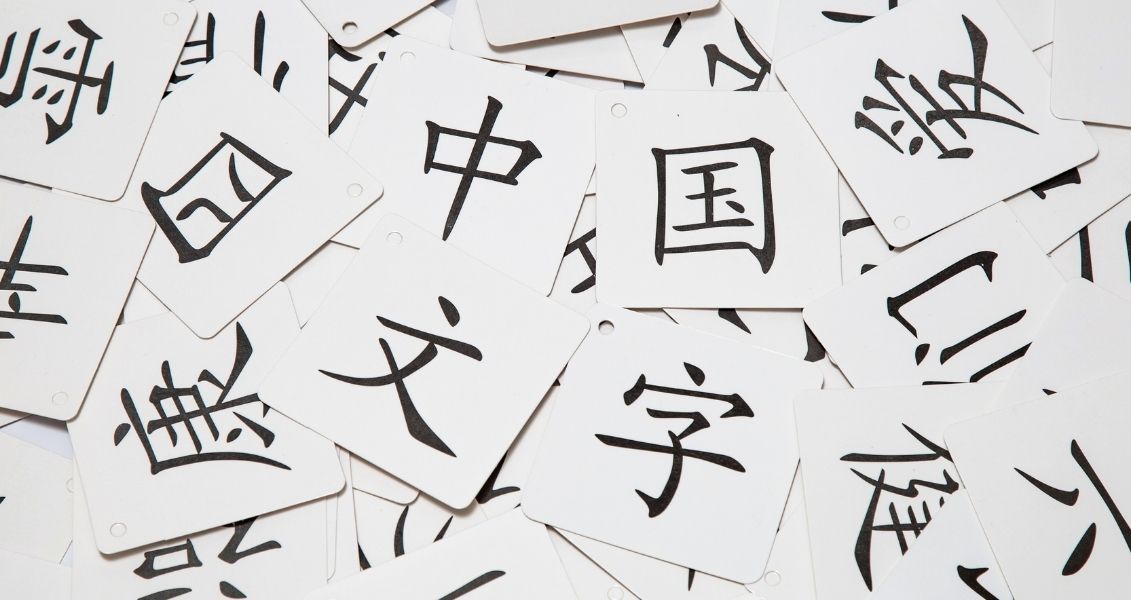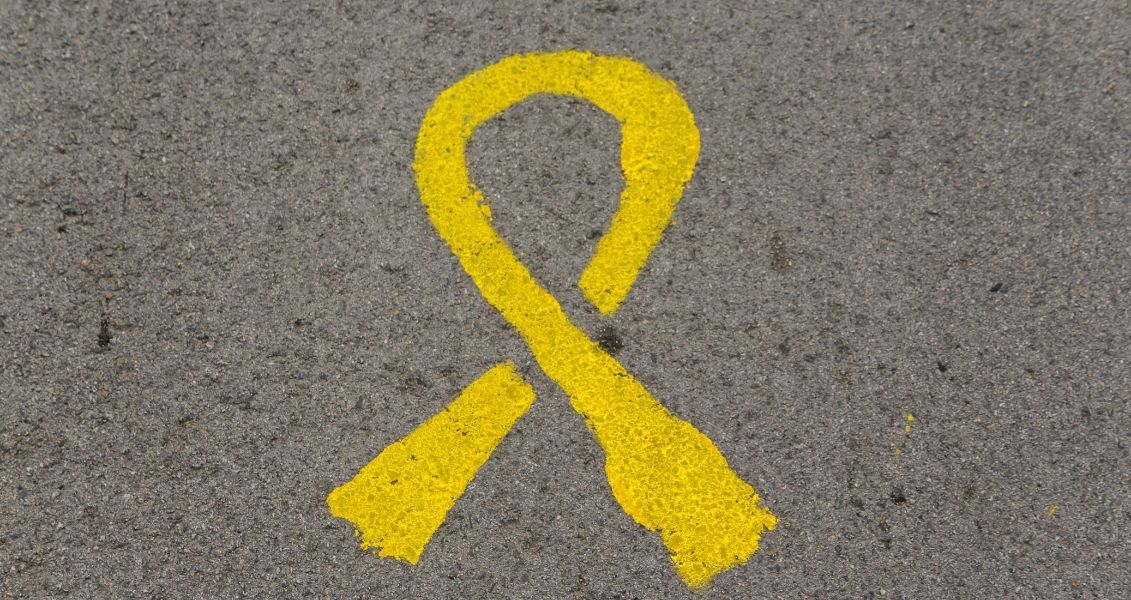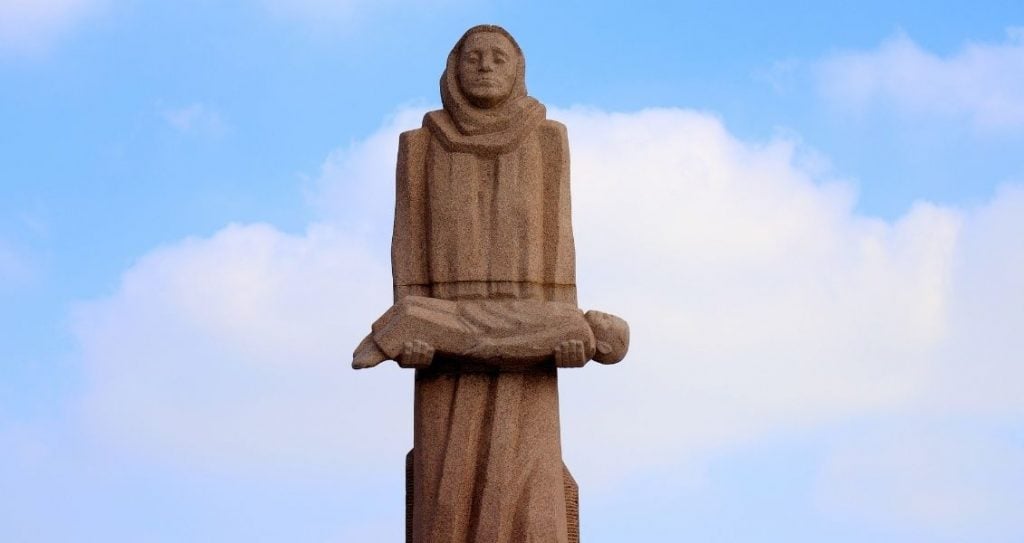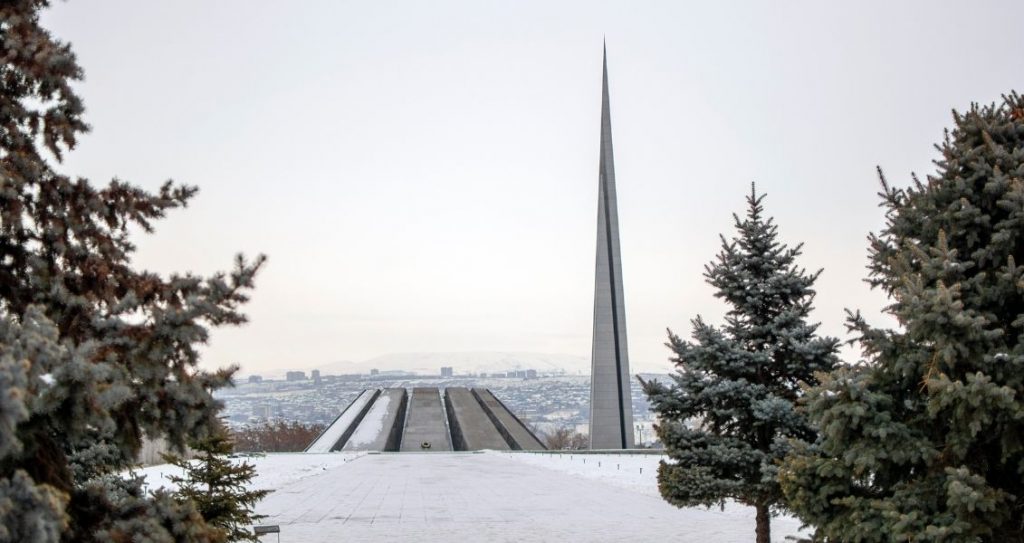International Day of Remembrance of Victims of Genocide Crimes
What day is it?
Everyone, regardless of nationality, skin color, religion or political opinion, has the right to a safe life. Mass bloodshed aims to destroy people or relevant population groups of one or another origin, faith or even social stratum. People had ideas about genocide even in ancient Greece. The international community recognizes any act of genocidal nature as a grave crime. Precisely because genocide is not just murder, but a premeditated campaign. This crime entails the destruction of a huge number of people, the distortion of their language or traditions, violent acts and other terrible consequences.
In order to honor the victims of the genocide and to prevent the commission of new crimes against all sections of society, approved International Day of Remembrance. Every year, the event falls on December 9.
How did the idea to celebrate the International Day of Remembrance for the Victims of Genocide come about?
At the 2005 World Summit, UN member states pledged to protect their populations from genocide, war crimes, ethnic cleansing and crimes against humanity, as well as their incitement.
They agreed that when states need help to fulfill this responsibility, the international community should be ready to help them, and when states are clearly unable to protect their populations from these crimes, the international community should be ready to take joint action in accordance with UN norms.
Intervention occurs only when prevention fails. Therefore, prevention is the basis of the principle of responsibility for protection.
Memorial Day
In September 2015, the UN General Assembly approved on December 9 International Day of Remembrance of Victims of Genocide Crimes. The date was taken as the date of adoption of the Convention on the Prevention and Punishment of the Crime of Genocide on December 9, 1948.
Over the past 150 years, tens of millions of men, women and children have lost their lives as a result of genocide or brutal mass cleansing. Millions of people were tortured, raped or forced to leave their homes.
We must learn, remember and take action to stop any form of genocide once and for all. Preventing genocide and other crimes is an ongoing process that requires tireless efforts to build a society based on the rule of law and human rights for all citizens.
Their pillars are equality and non-discrimination, legitimate and accountable national institutions, and the development of a strong civil society.
Statistics
The largest genocides in the 20th-21st centuries include:
- Mass murder of Armenians by Ottoman Turks between 1915-1920.
- 1920 to suppress the Tambov Uprising, by order of V.I. Lenin was sent to Tambov province by M. Tukhachevsky, who used chemical weapons against his own citizens. Approximately 90,000 people were killed.
- 1932-1933 – Creation of artificial famine in Ukraine. About 25,000 to 33,000 people die every day. More than 4.5 million people died during the Holodomor in our country.
- Autumn 1941 – May 1945 – Holocaust. A total of over 6 million European Jews were killed on Adolf Hitler’s order.
- In the 1990s in the newly created Bosnia, General Ratko Mladic and his troops killed Muslims. The number of victims reached 20,000, most of them raped, shot or beheaded.
- Between April and May 1994, between 500,000 and 800,000 people, mostly from the Tutsi minority, were killed with appalling brutality and speed in Rwanda.
- In August 2014, 500 people died, 70 of them children died of thirst during the occupation of the Iraqi city by the ISIS organization.
-
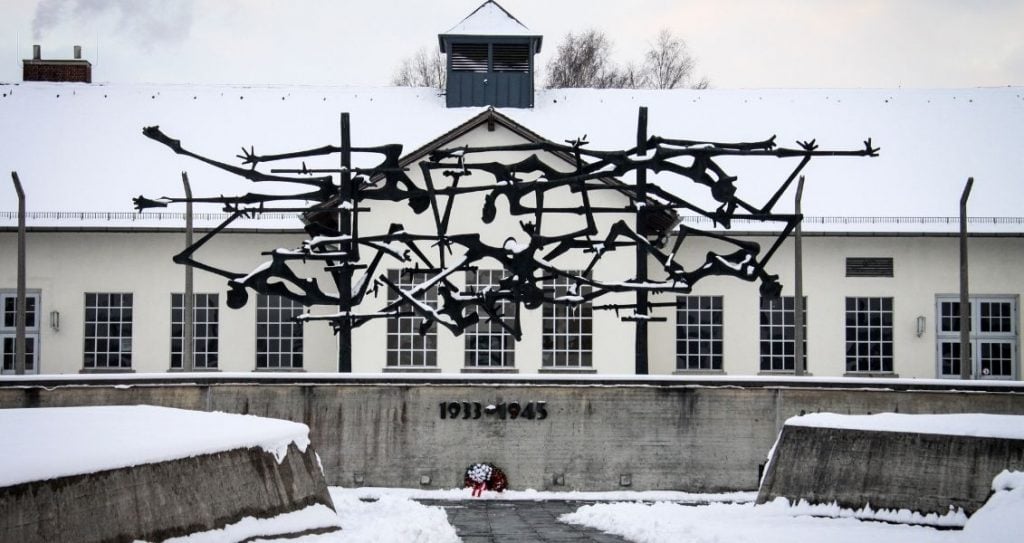
Photo: marcoscisetti / Depositphotos.com
International Day of Remembrance of Victims of Genocide Crimes in history
-
2005UN member states have undertaken to protect their populations from genocide, war crimes, ethnic cleansing and crimes against humanity, as well as from their incitement.
-
2015
SeptemberThe UN General Assembly approved December 9 as the International Day of Remembrance for the Victims of Genocide Crimes.
Why is this day important?
The event was created in order to increase public awareness of genocides and reduce the number of such crimes. The memory of the victims of genocide is also commemorated on this day.
It is important to note that victims of genocide are chosen deliberately (not randomly) because of their actual or perceived membership in one of the four groups protected by the Convention (which excludes political groups, for example).
This means that the target of destruction may be the group as such, rather than its members as individuals. Genocide can also only be committed against a part of a group, as long as that part can be identified (including within a geographically limited area) and “substantial”.
It may take years to prove the crime of genocide. Genocide is still a kind of challenge for international organizations, because in modern society there are still people who are ready to commit mass brutal murders.
That is why this event is important for as many informed citizens as possible. Everyone has the right to know that they should be protected. According to international conventions and declarations, each country must ensure the safety of all citizens of its state as much as possible.
When will we celebrate International Day of Remembrance of Victims of Genocide Crimes?
| Year | Date | Weekday |
|---|---|---|
| 2020 | December 9 | Wednesday |
| 2021 | December 9 | Thursday |
| 2022 | December 9 | Friday |
| 2023 | December 9 | Saturday |
| 2024 | December 9 | Monday |
